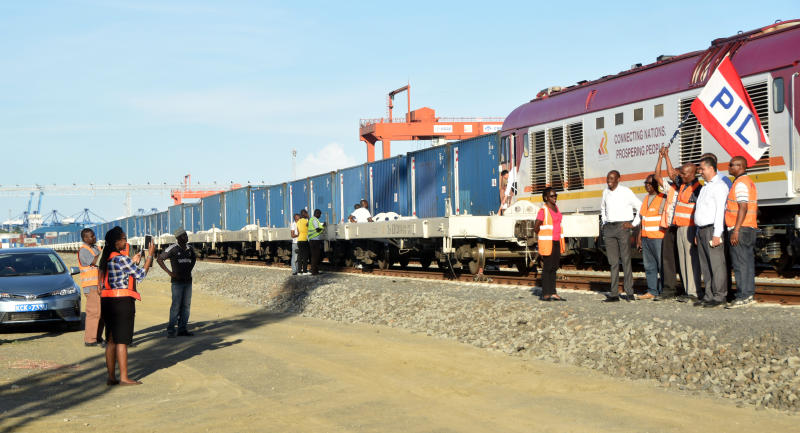×
The Standard e-Paper
Home To Bold Columnists

Until six months ago, Andrew Katana believed he was gainfully employed at one of Mombasa’s container freight stations (CFS) as manager.
He was able to feed, clothe and educate his children and family and spare some money to live in a middle class estate in Mombasa. This term, his two sons will not report to school for lack of fees. Last month, he moved to a cheaper house in Majengo and has since transferred his wife to his rural home in Kilifi.